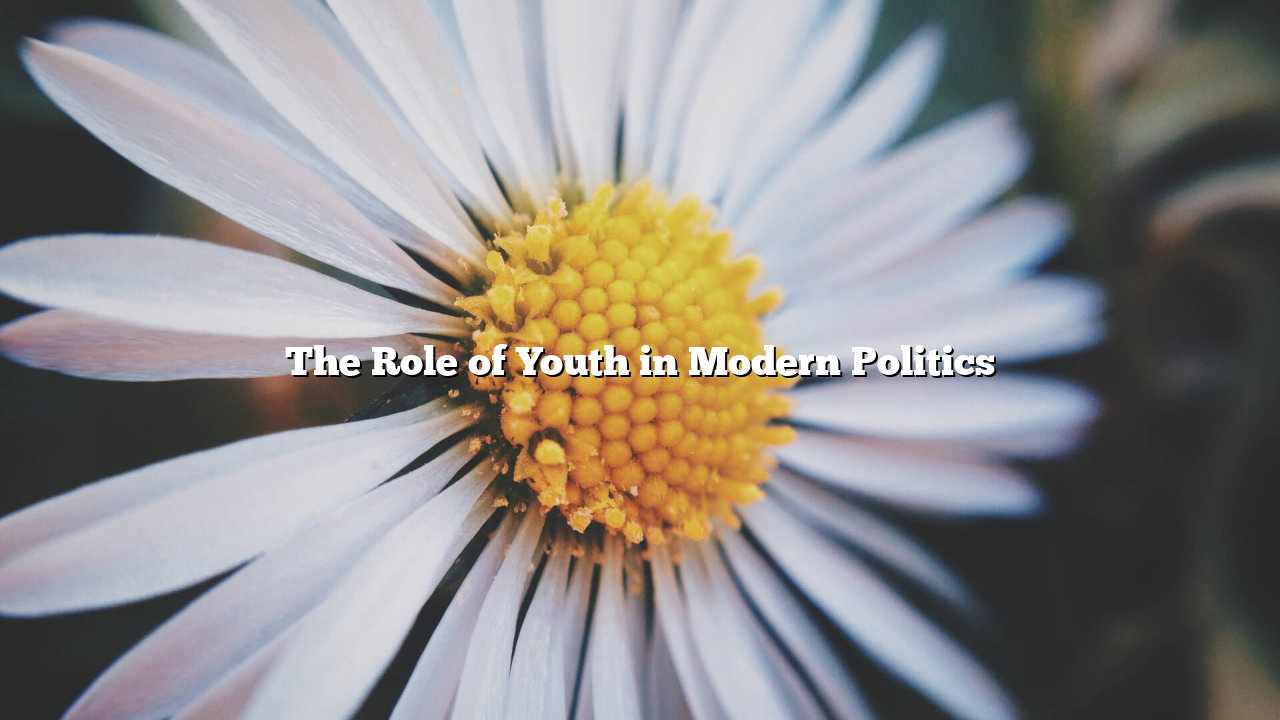In recent years, the involvement of youth in politics has become a significant global phenomenon. Across continents, young people are challenging traditional ugbet88 political norms and pushing for change in ways that older generations often did not anticipate. Their voices are growing louder, their actions more visible, and their influence increasingly undeniable. This shift marks an important transformation in how political systems operate and evolve.
One of the main reasons youth engagement in politics is rising is the widespread use of digital technology. Social media platforms such as Twitter, Instagram, and TikTok have given young activists powerful tools to express opinions, organize movements, and influence public opinion. Movements like Fridays for Future, founded by Greta Thunberg, demonstrate how a young voice, amplified through digital channels, can spark global awareness and action on pressing issues such as climate change.
Another critical factor is the growing dissatisfaction among young people with traditional political structures. Many feel that the existing systems have failed to address issues that directly affect their lives — such as unemployment, rising education costs, social inequality, and environmental degradation. This disillusionment drives them to seek alternative forms of political participation, including grassroots activism, protest movements, and even forming new political parties.
Despite their enthusiasm, young people often face significant barriers to political participation. These include age restrictions, lack of experience, limited access to political networks, and societal perceptions that portray them as too inexperienced or emotional to be effective leaders. However, these challenges have not deterred many young individuals who continue to push for representation and inclusion in decision-making processes.
The increasing presence of youth in political spaces is also reshaping public discourse. Their priorities often differ from those of older generations. While older politicians may focus on economic growth and security, younger voices are more likely to highlight climate justice, human rights, and social equity. This generational contrast is not necessarily a conflict but can lead to more balanced and forward-thinking policies if properly integrated into political debates.
Governments and political institutions around the world are beginning to recognize the value of engaging with younger citizens. Some countries have lowered the voting age, while others have launched youth parliaments, political education programs, and leadership initiatives to bridge the generational gap. These efforts are crucial in ensuring that democracy remains dynamic, inclusive, and responsive to the needs of all citizens.
In conclusion, the role of youth in politics is no longer a future possibility — it is a present reality. Young people are not only participants but often catalysts of political change. Their involvement ensures that the political landscape remains vibrant, innovative, and responsive to the evolving challenges of the modern world. Encouraging and supporting their engagement is not only beneficial for democracy but essential for its survival.
